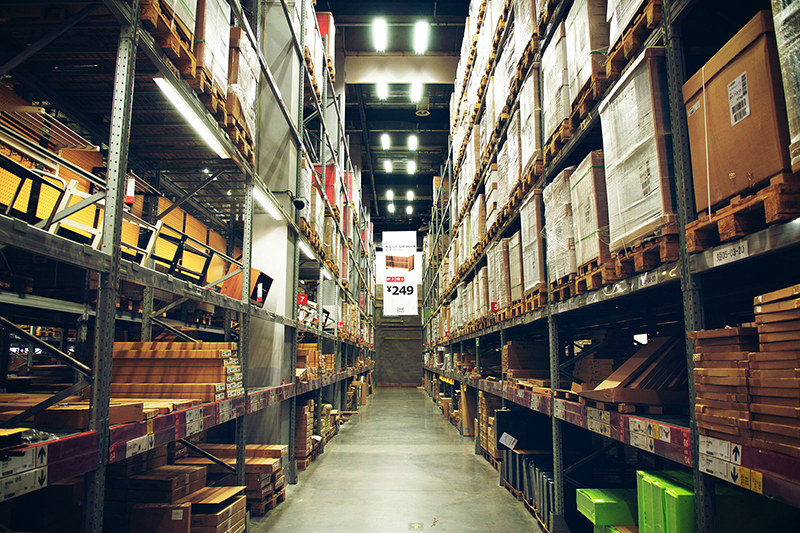Artificial Intelligence and ERP Systems Revolutionizing the Plastic Industry in Malaysia
The plastic sector in Malaysia has recently been experiencing a major structural change, which is the result of the initiation of the latest technologies that include artificial intelligence (AI) and Enterprise Resources Planning (ERP) systems. In fact, the use of these innovations is changing the way organizations run their operations, making them more efficient, and thus mitigating pressure on the environment.
The use of AI bots in the plastic industry is not just a fad, but it is the reality of modern life. AI technology is utilized to increase productivity, decrease waste, and deliver higher quality products. OpenAI has been one of the first organizations in this field to provide artificial intelligence solutions tailored to the needs of the plastic sector. Even more so, the AI agents are being utilized to assess parts, thus reducing downtime and consequently equipment maintenance costs.
On the other hand, ERP systems, such as MRP (Material Requirements Planning) and CRP (Capacity Requirements Planning), are serving as the backbone for uniting the operations. These systems give firms an opportunity to allocate their resources more accurately, thus it ensures that the production date is compatible with the demand forecast. The integration of MRP systems with AI technologies gives firms the privilege of real-time data analysis, which in turn will give them insights to improve their decision-making process.
In Malaysia, the initiation of ERP systems has made a major difference. Through the usage of these systems

, they are being made more competitive by the firms that have a strategic position in the global supply chain. The combination of ERP systems with MES (Manufacturing Execution Systems) and IQC (Incoming Quality Control) processes will be guaranteed the quality standards are achieved regularly.
Additionally, Environmental protection has also gained importance; plastic manufacturers in Malaysia are attending to it. By product management and mould management are also being improved with the help of AI and ERP systems, which lead to a decrease in the environmental impact and promote sustainability. Compliance with such international standards as ISO is becoming of great importance, and firms are using SDS (Safety Data Sheets) in order to continue following these regulations.
It goes without saying that the integration of AI and ERP systems is not entirely free of problems. Companies are required to go through the hurdles of dealing with these technological issues in order to get the fullest worth of them. Anyway, the advantages are obvious, and there is a bright future for the industry in terms of rapid development and invention.About aiM18 ERP <>
A cloud-native ERP widely adopted by business in Singapore, Malaysia, Hong Kong and China. With over 6,000 customers in the region, aiM18 gains positive feedbacks from customer across different sectors, from manufacturers, distributors, retailers, service providers to NGOs. The renowned no-code approach saves customer a big sum of customization costs and countless hours of implementation man-days.
About LAIDFU (Let AI Do For You) <>
An AI builder for enterprise to build their own AI agents.
Proprietary EKP (Enterprise Knowledge Partitioning) technology eases CEO’s concern about trade secret leakage which often occurs in most AI agents / chatbots in the market. EKP removes the hurdle of AI adoption by most companies in using sensitive corporate data.
Powered by no-code approach, deployment of LAIDFU incurs far less developers (and development costs) in comparison with other AI studios.
